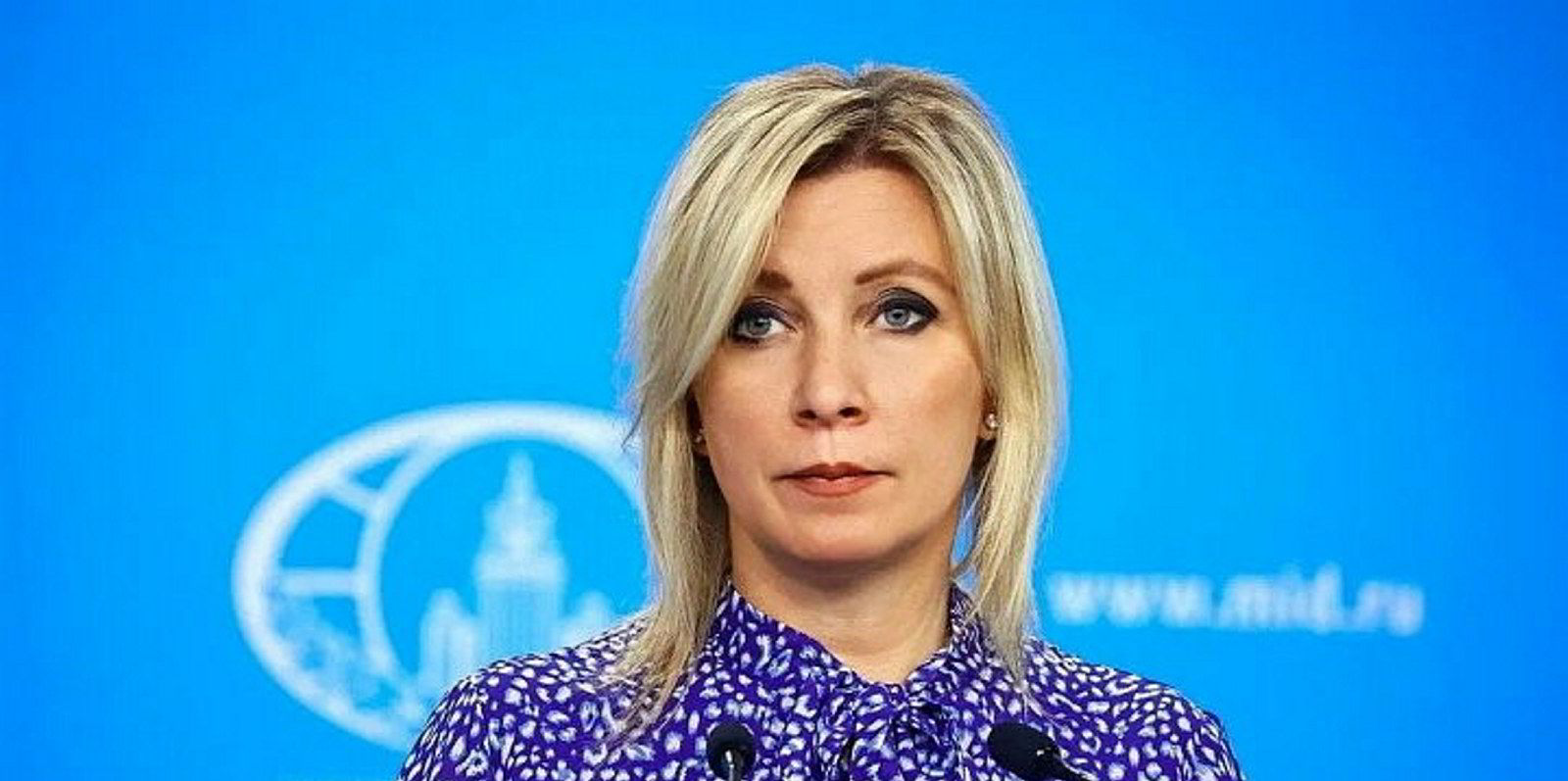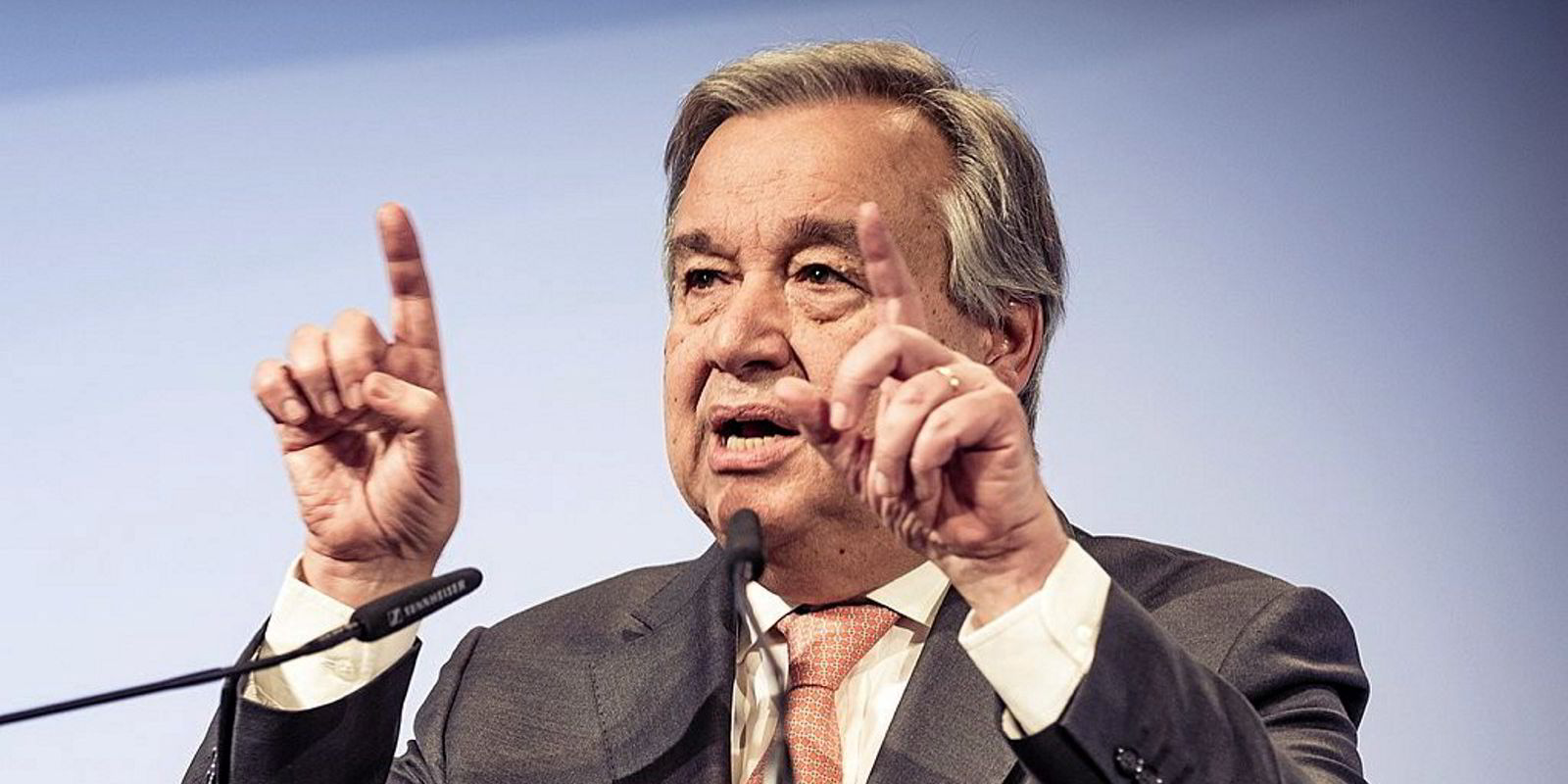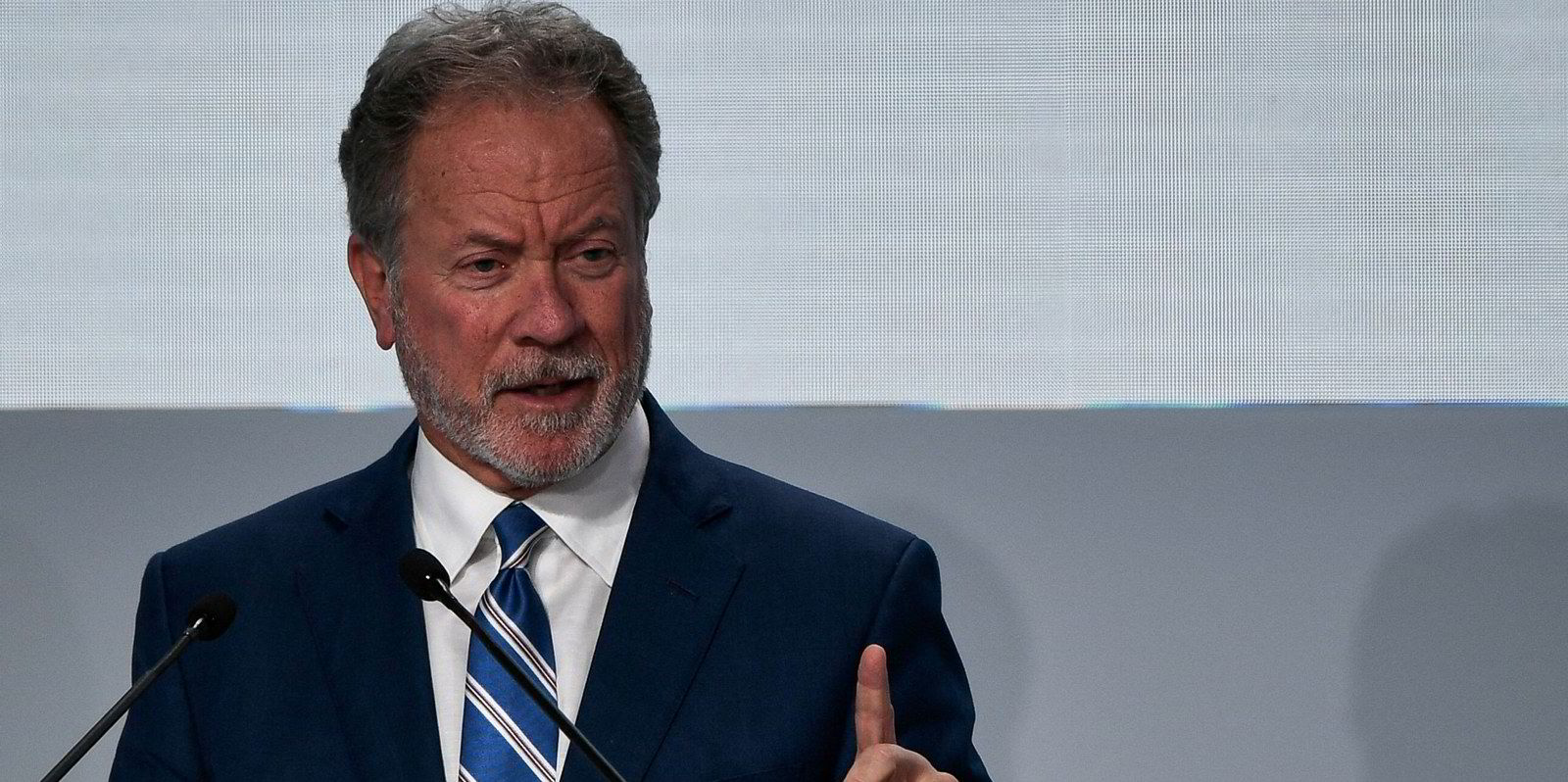With an 18 March deadline to extend the Black Sea Grain Initiative (BSGI) looming, all signs point to a continuation of the United Nations-led scheme.
At the same time, belligerents Russia and Ukraine have apparently agreed to disagree over how long its renewal goes.
“The deal was extended for 60 days,” Russian foreign ministry spokeswoman Maria Zakharova told journalists in a briefing on Thursday.
Given inspection delays in the Bosphorus, an extension of 60 days would mean that individual ships will have time for just one trip out of Ukraine under the scheme after 18 March, maybe two.
Ukraine, by contrast, argues that the written text of the agreement signed in Istanbul in July — and extended in November — provides for 120 days of renewal.
According to the document agreed then by Russia, Ukraine and mediators Turkey and the UN, the BSGI “remain[s] in effect for 120 days from the date of signature by all parties and can be extended automatically for the same period, unless one of the parties notifies the other of the intent to terminate the initiative, or to modify it”.
Russia has not formally notified its BSGI partners of any intention to cancel the deal. Its diplomats, however, said earlier this week that the initiative should continue for 60 days. This might be interpreted by Moscow as a modification request.
Russian diplomats justified their stance by alleged breaches by the West of a parallel agreement to remove obstacles to the export of Russian grain and fertilisers.
BSGI sponsor Turkey seems to be siding with Ukraine’s interpretation.
“We have started negotiations with the idea of extending the grain corridor for another 120 days in accordance with the initial version of the agreement,” Turkish defence minister Hulusi Akar stated on 16 March.
Akar, however, was quick to suggest that what mediators think may eventually be of little value.
Views on feedback
“The parties will evaluate them [negotiations] and make their decisions. Hopefully, we will try to solve it positively in a short time,” he said.
The UN itself seems to be attaching a greater role to the deal being continued rather than about any legal precision of its future duration.
“The agreement foresees a renewal of 120 days but, in the present circumstances, the secretary general and his team are focused, in close contact with all the parties, on doing everything possible to ensure continuity of the initiative,” UN spokesman Stephane Dujarric said in a statement on 14 March.
The BSGI is of global importance. By facilitating the export of more than 24m tonnes of Ukrainian trade since 1 August, it has helped stabilise food prices worldwide.
In terms of shipping, it has provided much-needed lucrative employment for handysize, supramax and panamax bulkers in the region.
The export of Russian agricultural products under a parallel agreement, however, is equally important in staving off a food crisis in poor counties.
At the end of the day, diplomatic details about the exact duration of the deal may be unimportant, considering that Russia or Ukraine can effectively walk out of it anytime they want.
Moscow already briefly suspended its participation once last October, citing military use of the corridor by a Ukrainian drone. It returned to the scheme within a week.





